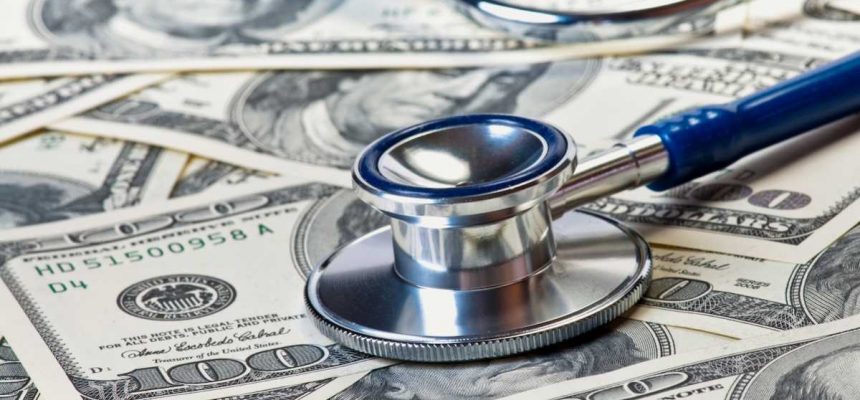With Lawmakers Lagging Behind, Nonprofits are Providing Timely Relief for Consumers Facing Medical Debt
By Consumers for Quality Care, on January 25, 2023

Nonprofit organizations such as RIP Medical Debt are helping to pay off medical debt for families in need across the country, according to the Chronicle for Philanthropy.
More than half of U.S. adults have gone into medical debt in the last five years. This crisis also disproportionally impacts Black and Hispanic consumers.
Nikiesha Barnett, who had knee surgery in 2006, was saddled with roughly $4,500 in medical debt until 2020, when RIP Medical Debt bought her debt and forgave it.
RIP Medical Debt is an organization founded in 2014 by two former debt collectors, Craig Antico and Jerry Ashton. They raise money from donors to buy outstanding medical debt on secondary markets, where hospitals sell debt for pennies on the dollar to companies that profit when they collect on that debt. Instead of sending consumers collection bills like any other debt collector would, RIP Medical Debt then pays off the debt and sends notices to families around the country. RIP Medical Debt has cleared more than $7 billion of medical debt and has helped more than 4 million families.
Other nonprofits seeking to help address the medical debt crisis include Dollar For, Community Catalyst, and the Tennessee Justice Center.
Allison Sesso, executive director of RIP Medical Debt, finds that nonprofits are addressing an issue that elected officials have yet to sufficiently resolve. “There’s a lot of frustration with our elected officials in terms of them moving and solving issues, and we give an opportunity for people to have relief right now,” said Sesso.
CQC applauds the innovative solutions that nonprofits like RIP Medical Debt are providing to families and consumers. However, CQC urges the administration and lawmakers to tackle the root causes of the national medical debt crisis, which impacts the physical, emotional, and financial well-being of millions of Americans.



